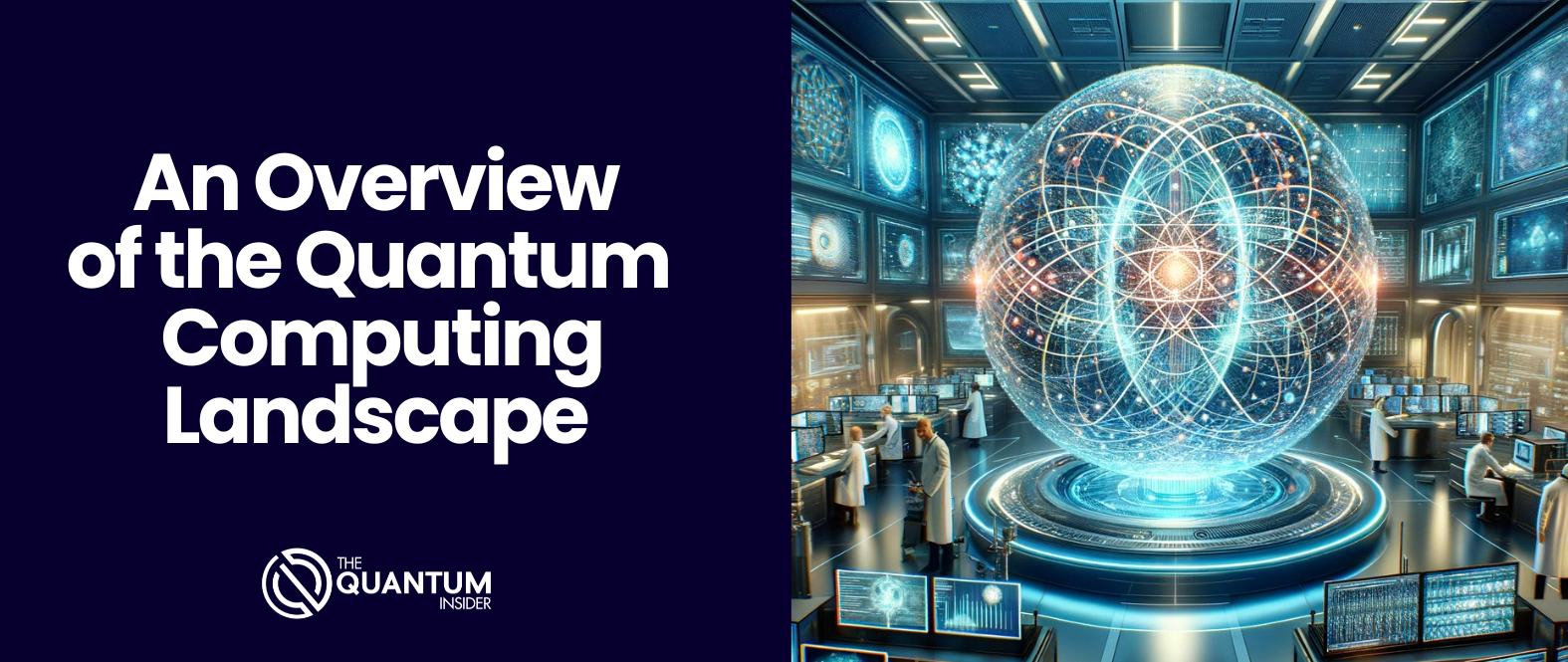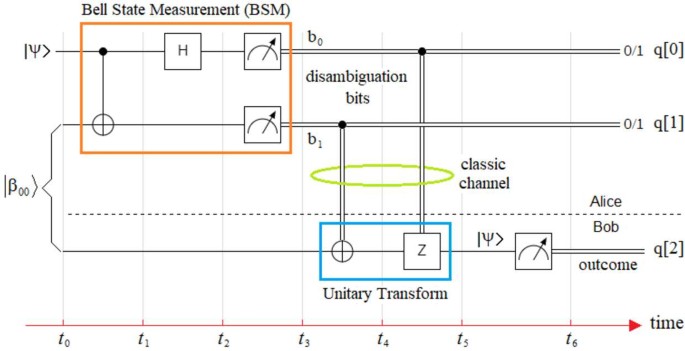Unveiling the Civil Law System Key Concepts Explained
Understanding the Complexities of the Civil Law System
Exploring the Foundations
The civil law system forms the basis of legal frameworks in many countries around the world. Unlike common law systems, which rely on precedent and judicial decisions, the civil law system is rooted in codified laws and statutes. Understanding the foundations of this system is essential for comprehending how legal processes and procedures unfold.
Key Components of Civil Law
At the core of the civil law system are several key components that govern legal proceedings and interactions between individuals and entities. These components include civil codes, which outline rights and obligations, as well as procedural laws that dictate how cases are brought before the courts and resolved. Additionally, civil law systems often incorporate principles of equity and fairness to ensure just outcomes.
Codified Laws and Statutes
Central to the civil law system are codified laws and statutes, which are written and enacted by legislative bodies. These laws cover a wide range of legal issues, including contracts, property rights, torts, and family law matters. By codifying laws, the civil law system provides clarity and predictability to legal proceedings, allowing individuals and entities to understand their rights and obligations under the law.
Role of the Judiciary
In the civil law system, the judiciary plays a crucial role in interpreting and applying the law. Unlike common law systems where judicial decisions serve as binding precedents, civil law judges primarily rely on statutory law and legal codes to adjudicate cases. Judges are tasked with interpreting the law and applying it to the facts of each case to reach a fair and just resolution.
Legal Procedures and Processes
Navigating the civil law system requires a thorough understanding of legal procedures and processes. From filing a lawsuit to presenting evidence in court, each step of the legal process is governed by specific rules and regulations. Additionally, parties involved in civil litigation must adhere to deadlines and court requirements to ensure their case proceeds smoothly.
Protection of Legal Rights
One of the fundamental principles of the civil law system is the protection of legal rights. These rights encompass a broad range of protections, including the right to due process, the right to a fair trial, and the right to legal representation. By upholding these rights, the civil law system seeks to ensure that individuals receive a fair and impartial hearing in legal proceedings.
Adaptability and Evolution
The civil law system is not static but rather adapts and evolves over time to meet the changing needs of society. Legislative bodies regularly enact new laws and amend existing ones to address emerging legal issues and societal concerns. Additionally, courts may interpret and apply the law in ways that reflect evolving social norms and values.
Challenges and Criticisms
Despite its many strengths, the civil law system is not without its challenges and criticisms. Some critics argue that the system can be overly bureaucratic and slow-moving, leading to delays and inefficiencies in legal proceedings. Others raise concerns about the potential for judicial bias and lack of accountability in civil law systems.
Conclusion
In conclusion, the civil law system is a complex and multifaceted legal framework that governs legal proceedings in many countries around the world. By understanding its foundations, key components, and procedural aspects, individuals can navigate the civil law system more effectively and advocate for their legal rights. Read more about Civil law system








